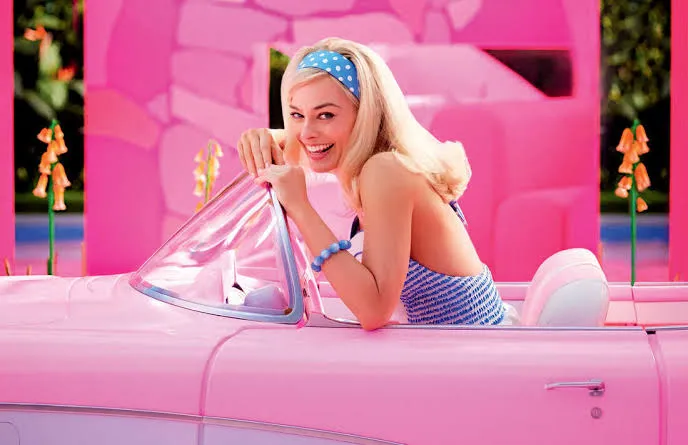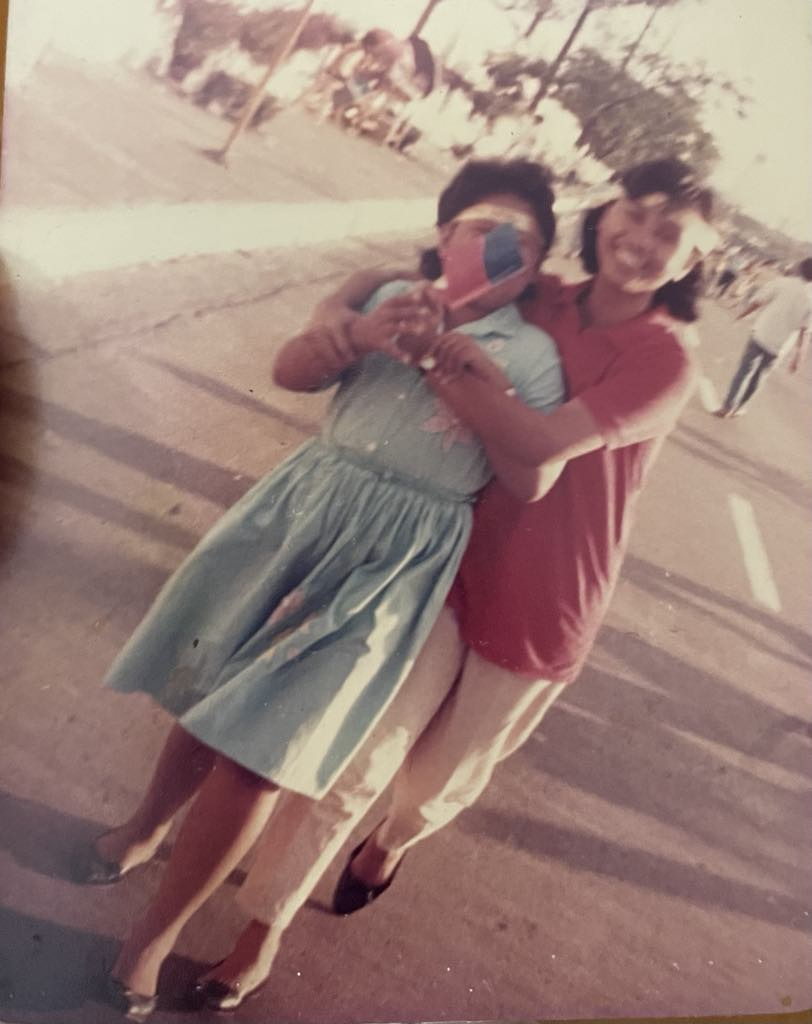‘Barbie’ Review: A Feminist Critique of Modern Society
Chelyn Frances Cuasay | Staffer | The OLPSian Times
The long-awaited Barbie has finally graced Philippine screens, brought dress-up back, and put feminism in the spotlight. The movie embarks on a magical journey with Barbie as she dazzles audiences with her charm and adventure, with themes of female empowerment and critiques of the patriarchy.
Directed by Greta Gerwig, whose filmography consists of award-winning movies such as Ladybird and her rendition of Little Women, Barbie is a movie based on the popular doll franchise with its namesake, laced with genres such as comedy, fantasy, drama, metafiction and adventure. The film takes us to Barbie Land where we meet Stereotypical Barbie (Margot Robbie) and follow her seemingly perfect life, just before she gracefully floats down from her roof into her perfect car whilst driving around the perfect streets of Barbie Land while greeting various different dolls such as President Barbie, Doctor Barbie and Diplomat Barbie. We also meet her love interest, Ken (Ryan Gosling) whose job is to beach alongside all the other Kens that live in Barbie Land.
In Barbie Land, everything goes according to plan until Stereotypical Barbie’s big party is interrupted by her unexpected thoughts about death. After that, she stumbles through a chain of peculiarities— waking up with bad breath, showering with water that is too cold, being served burnt breakfast and the worst of them all: FLAT FEET. To undo these changes, she must enter the Real World and confront the girl who owns the toy version of herself. Ken joins her on this new adventure, where they encounter the real world’s differences compared to Barbie Land, reflecting the society we live in today. While it entices Ken, it puts Barbie at a disadvantage.
The movie explores various mental health themes like impostor syndrome, self-identity issues, existential crises, and anxiety. It also addresses the insecurities stemming from unattainable beauty standards and double standards, including Barbie’s thoughts of death. Additionally, the film delves into topics like feminism, misogyny, toxic masculinity, the rise of patriarchy, power dynamics, social hierarchies, and the unique bond between a mother and daughter. Greta Gerwig tells ABC News: “It most certainly is a feminist film.”
On the first week of its premiere, the movie’s message was misinterpreted by a handful of viewers who claim that it was promoting an ‘anti-men’ narrative. It’s easy to interpret it as such since it is a movie that prioritizes the potrayal of women and the difficulties they face due to social systems in real life through the fantasy-rimmed lens of Barbie, but it’s not a movie that treats its male characters as an afterthought even if it looks like so. The movie goes out of its way to demonstrate the harmful effects of the patriarchy to not only women but also the very group that composes it: men, and how the perpetuation of The Barbie movie sheds light on how toxic masculinity can cause insecurity and self-identity issues for impressionable boys. It’s not about finding a better gender or picking sides, but rather, it emphasizes the importance of harmony within society. Greta Gerwig says it best to The New York Times: “My hope for the movie is that it’s an invitation for everybody to be part of the party and let go of the things that aren’t necessarily serving us as either women or men.”
This is also a movie that gives us the privilege of witnessing the characters, who live a life valuing reputation, enduring change for the first time, and watching them accept it despite of the fear of uncertainty that lingers inside them. Change is scary, but what’s scarier is staying still as the world continues to spin, as the people that exist within it continue to bring themselves towards new horizons while you are left behind under the same dawn, watching the same sky. The fear that shakes you during periods of change will only continue to haunt you in days where you wonder what could’ve been. Through this, Barbie teaches us the prime of bravery and the beauty in taking risks.
Ruth Handler, the woman behind the fashion doll, says that Barbie was made as a way to show her daughter, Barbara Handler, that everything she ever wanted to be was possible despite the uphill battle women had to face for equal rights during the doll’s launch in 1959. Since then, Barbie has become a vicarious symbol of aspirations for young children all over the world.
Greta Gerwig brings the creator’s vision to life on the big screen, reminding us that the only thing holding you back from embarking unfamiliar territories is ourselves. Embracing change is crucial for fulfilling dreams that once seemed impossible especially for women. So, go ahead! chase that dream, even if it’s just a day at the beach.





